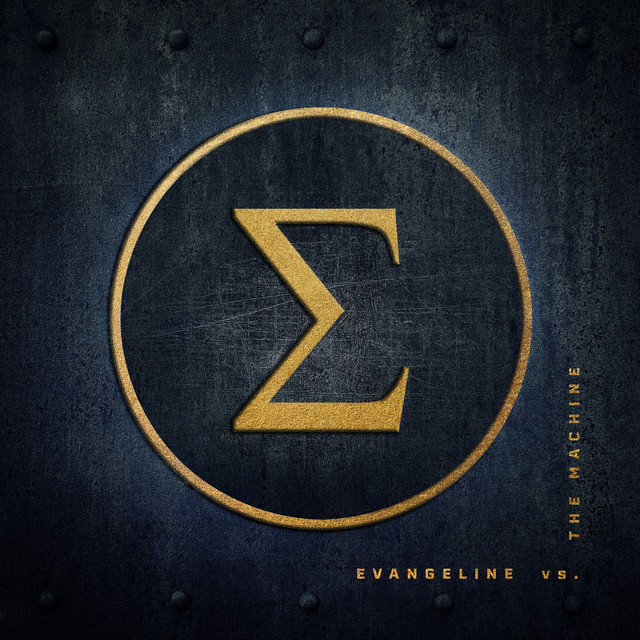
ERIC CHURCH - Johnny - EMI Nashville

Eric Church’s “Johnny,” co-written with Luke Laird and Brett D. Warren, is a stirring commentary on the state of the world, blending nostalgia, social critique, and a longing for redemption. With lyrics that evoke both personal memories and cultural references, Church crafts a song that is as much about the past as it is a warning about the present.
The song opens with Church watching his sons play, immediately drawing a contrast between his own childhood and the world his children now inhabit. The lines, “Now machines control the people, and the people shoot at kids / I shudder to think about what the next thing is,” highlight a sense of anxiety and loss, reflecting on how technology and violence have reshaped society’s landscape.
Church’s repeated invocation of “Johnny” serves as both a literal and figurative call to a vanished hero or innocence. The reference to “the devil’s broke out of Georgia and he’s feastin’ on our souls” alludes to the classic Charlie Daniels Band song “The Devil Went Down to Georgia,” suggesting that the evils once confronted are now running rampant and unchecked.
The chorus, with its imagery of “fire on the mountain and the flames are closin’ in,” amplifies the urgency and danger felt throughout the song. The plea to “run, get your fiddle bow and send him to hell again” is a call to action, a wish for someone to rise up and confront the darkness threatening society.
Church does not shy away from spiritual imagery, singing “I know redemption cometh, it’s takin’ way too long,” and urging for the crushing of the “serpent head.” These lines blend Biblical references with Southern folklore, deepening the song’s cultural roots and its sense of spiritual struggle.
“Johnny” is rich with references to Americana and Southern music. The mention of fiddle bows, rattlesnake boots, and the devil harkens back to iconic country and folk motifs. The line “the chicken in a bread pan pickin’ out bits” is a direct nod to traditional fiddle tunes, while “the devil’s in the house of the risin’ sun” cleverly merges two classic songs into a chilling metaphor for the pervasive evil Church describes.
Church’s songwriting partners, Luke Laird and Brett D. Warren, contribute to the song’s layered storytelling and evocative phrasing, ensuring that each verse carries both narrative and emotional weight.
At its core, “Johnny” is a lament for a lost sense of security and morality. Church’s voice, both literally and figuratively, conveys a deep yearning for a hero to return and set things right. The song’s repeated questioning—“Johnny, oh, Johnny, where did you go?”—embodies a universal feeling of searching for guidance in troubled times.
Despite its somber tone, the song is not without hope. Church writes, “We’re holding on to hope, but we’re hanging by a thread,” acknowledging the resilience that persists even amid despair. The call to “crush that serpent head” is a rallying cry for courage and action, encouraging listeners not to surrender to fear.
Eric Church’s “Johnny” stands out as a poignant reflection on modern anxieties, generational change, and the enduring struggle between good and evil. Through its masterful blend of personal reflection, cultural homage, and evocative imagery, the song resonates deeply with anyone who has ever questioned where innocence and heroism have gone. Church’s artistry ensures that “Johnny” is not just a song, but a powerful statement on the times we live in.
(Review Written By: Dave Pierce)
Latest Updates
- Lyric Video: Blake Whiten - "Rollin' Stone"
- Lyric Video: Thomas Rhett ft. Blake Shelton - "Old Tricks"
- #throwbackthursday: Brad Paisley - "Camouflage"
- Music Video: Stephen Wilson Jr. - "Gary"
- Visualizer: Cody Johnson - "Travelin' Soldier"
- #throwbackthursday: Kip Moore - "Hey Pretty Girl"
- Music Video: Corey Kent & Koe Wetzel - "Rocky Mountain Low"
- Single Review: Jacob Hackworth - "Bad As I Do"
- #throwbackthursday: Kenny Chesney - "Christmas in Blue Chair Bay"
- #throwbackthursday: Lady A - "On This Winter's Night"
- Performance Video: Tyler Childers - "Nose On The Grindstone"
- Visualizer: Greylan James - "Pullin' From A Bottle"
- Visualizer: Emily Ann Roberts - "Come Home to You"
- Visualizer: Dylan Marlowe - "Barefoot and Pregnant"
- Visualizer: Ian Harrison - "If You Ever Loved Me"
- Lyric Video: Randall King - "Big Deal"
- Lyric Video: RaeLynn - "Let The Holiday Come On In"
- Music Video: Kameron Marlowe - "Fire On The Hillside"
- Music Video: Tucker Wetmore - "Brunette"
- Performance Video: Eric Church - "Bleed On Paper"